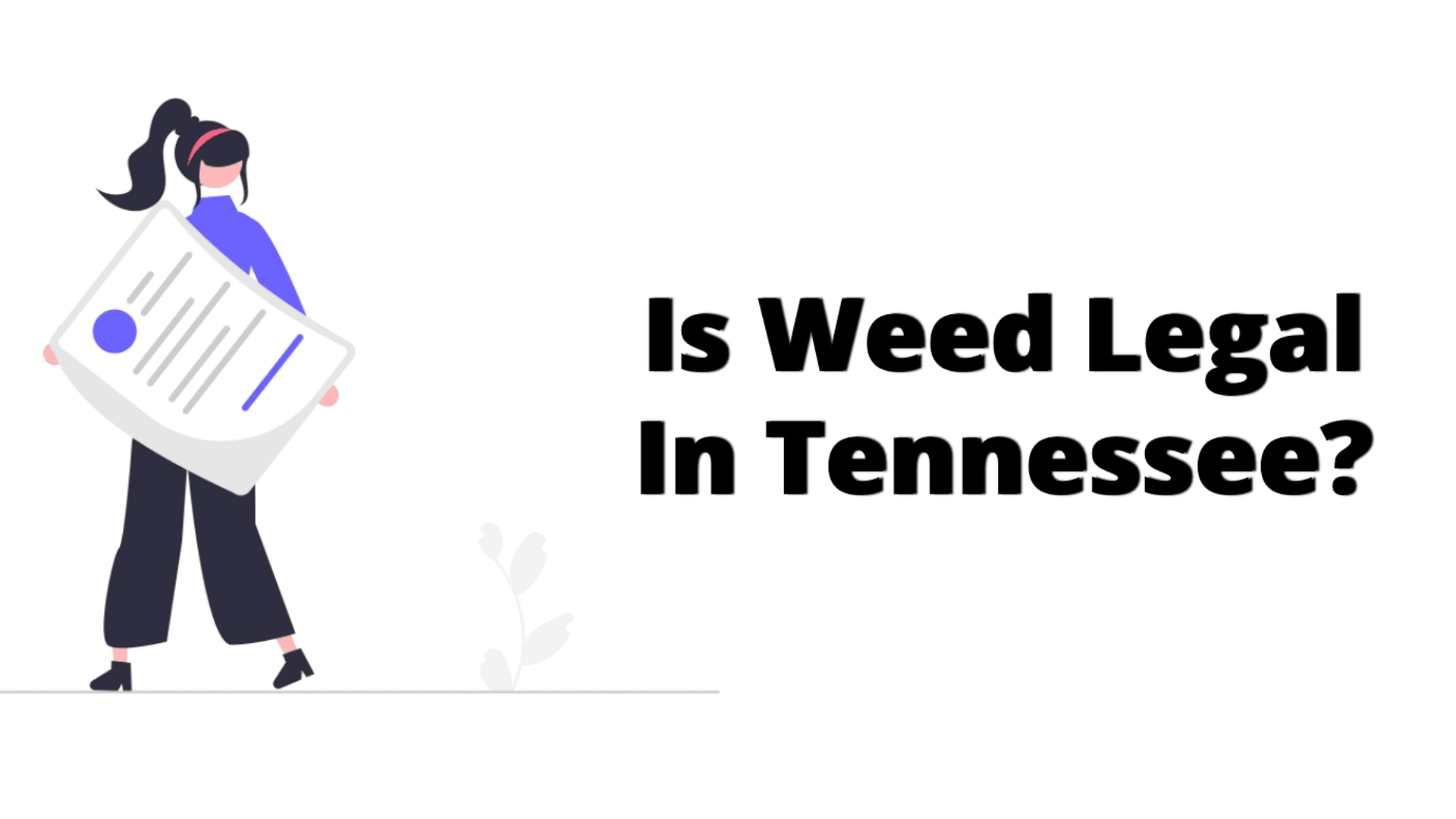In Tennessee, having a small amount of marijuana, half an ounce or less, is considered a misdemeanor. This means it can lead to up to one year in jail and a maximum fine of $2,500. If it's your first time, there's a mandatory $250 fine. If it happens again, you'll face a $500 minimum fine. These are strict rules for a state where marijuana remains illegal for recreational use. This article explores how Tennessee Marijuana laws affect fairness and justice in Tennessee, especially for different communities. We'll look at how they impact people, the economy, and what changes might be coming.
Table of Contents
- 1 Historical Context of Tennessee Marijuana Laws
- 2 Racial Disparities in Enforcement
- 3 Economic Impact
- 4 Impact on Health and Well-being
- 5 Potential for Reform
- 6 Conclusion
- 7 Frequently Asked Questions (FAQs)
- 8 What are the penalties for possessing a small amount of marijuana in Tennessee?
- 9 Why is there concern about racial disparities in marijuana-related arrests in Tennessee?
- 10 How do Tennessee's marijuana laws affect economic opportunities?
- 11 What are the potential economic benefits of legalizing marijuana in Tennessee?
- 12 How does the criminalization of marijuana impact public health in Tennessee?
- 13 What is the current status of marijuana legalization in Tennessee?
- 14 Are there efforts to address racial disparities in marijuana enforcement?
- 15 How does limited access to medical marijuana impact individuals' well-being?
- 16 What potential changes are being considered to reform Tennessee's marijuana laws?
- 17 What is the overall goal of marijuana law reform in Tennessee?
Historical Context of Tennessee Marijuana Laws

To understand the impact of Tennessee's marijuana laws on social equity and justice, it's crucial to consider the historical context. Like many states, Tennessee implemented strict anti-drug policies during the “War on Drugs” era, resulting in harsh penalties for marijuana-related offenses. These policies disproportionately affected marginalized communities, contributing to a cycle of inequality and injustice.
Racial Disparities in Enforcement
Racial disparities in marijuana-related arrests have been a significant concern in Tennessee. Studies have consistently shown that Black individuals are arrested at a significantly higher rate for marijuana offenses compared to white individuals, despite similar usage rates. These disparities have far-reaching consequences, including disrupted lives, perpetuated poverty, and the creation of long-lasting criminal records that hinder opportunities.
Economic Impact
Tennessee's marijuana laws also have a profound economic impact, particularly on minority communities. The restrictive laws limit entrepreneurial opportunities, preventing individuals from entering the legal cannabis market. Additionally, the state misses out on potential tax revenue and economic development opportunities. In states with legalized marijuana, there are opportunities for entrepreneurship, including owning and operating dispensaries and cultivation facilities. Tennessee's current laws limit these opportunities, disproportionately affecting minority entrepreneurs.
Impact on Health and Well-being
The criminalization of marijuana can also have adverse effects on public health and well-being. It discourages individuals from seeking medical help for substance use disorders and creates a climate of fear that may deter individuals from reporting crimes or seeking assistance from law enforcement when needed. Limited access to medical marijuana can hinder patients who could benefit from cannabis-based treatments, particularly those from disadvantaged backgrounds.
Potential for Reform

Recognizing the social equity and justice concerns surrounding marijuana laws, there has been growing support for reform in Tennessee. Initiatives to decriminalize minor marijuana offenses and expand the medical marijuana program have gained traction. Advocates argue that these changes would not only reduce the racial disparities in enforcement but also create economic opportunities and improve public health.
Check our other resources: Michigan Marijuana Laws: Is There Any Limitation For It ?
California Marijuana Laws: You Should Know Before You Carry IT ?
Conclusion
The impact of Tennessee's marijuana laws on social equity and justice is a complex issue that warrants careful consideration. While the state has made strides toward reform, significant challenges remain. Addressing racial disparities in enforcement, creating economic opportunities, and prioritizing public health are essential steps toward a more equitable and just future. As the conversation around marijuana legalization continues, Tennessee stands at a crossroads, facing the opportunity to reshape its approach to cannabis regulation with an eye toward fairness and equity.
Frequently Asked Questions (FAQs)
What are the penalties for possessing a small amount of marijuana in Tennessee?
Possession of half an ounce or less is a misdemeanor, punishable by up to one year in jail and a maximum fine of $2,500. A first-time conviction requires a $250 fine, with subsequent offenses incurring a $500 mandatory minimum fine.
Studies have consistently shown that Black individuals are arrested at a significantly higher rate for marijuana offenses compared to white individuals, despite similar usage rates.
How do Tennessee's marijuana laws affect economic opportunities?
The restrictive laws limit entrepreneurial opportunities in the legal cannabis market, and the state misses out on potential tax revenue and economic development opportunities.
What are the potential economic benefits of legalizing marijuana in Tennessee?
Legalization can create opportunities for entrepreneurship, generate tax revenue, and promote economic development, particularly in marginalized communities.
How does the criminalization of marijuana impact public health in Tennessee?
Criminalization can deter individuals from seeking help for substance use disorders and create a climate of fear that may discourage reporting crimes or seeking assistance from law enforcement.
What is the current status of marijuana legalization in Tennessee?
Recreational marijuana remains illegal, but there have been discussions and initiatives aimed at reforming marijuana laws in the state.
Are there efforts to address racial disparities in marijuana enforcement?
Yes, there are growing efforts to address racial disparities, including initiatives to decriminalize minor marijuana offenses.
How does limited access to medical marijuana impact individuals' well-being?
Limited access can hinder patients who could benefit from cannabis-based treatments, particularly those from disadvantaged backgrounds.
What potential changes are being considered to reform Tennessee's marijuana laws?
There is support for initiatives to decriminalize minor marijuana offenses and expand the medical marijuana program to address social equity and justice concerns.
What is the overall goal of marijuana law reform in Tennessee?
The goal is to create a fairer and more just system by reducing racial disparities, promoting economic opportunities, and improving public health outcomes.
Source: Tennessee Marijuana Laws

MD
Dr. Abramson’s expertise enriches our content, ensuring that our readers receive well-rounded and medically sound information about various health-related supplements.














+ There are no comments
Add yours